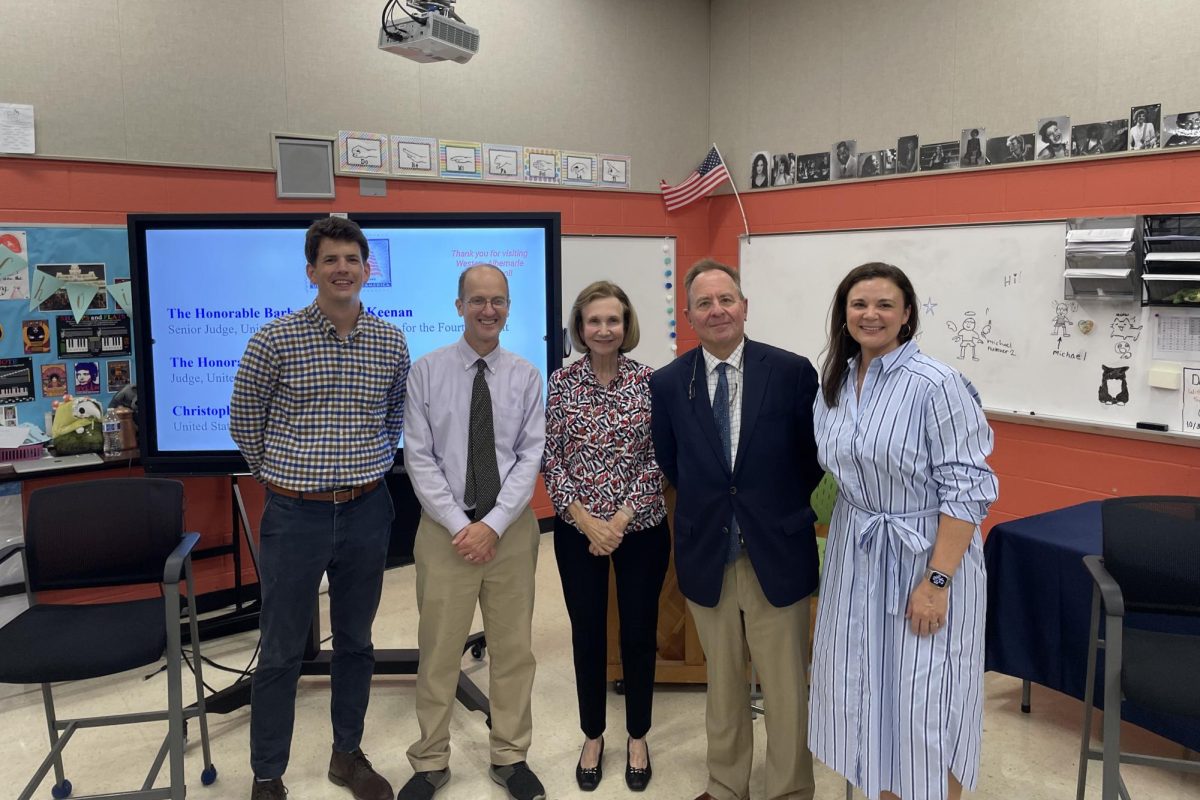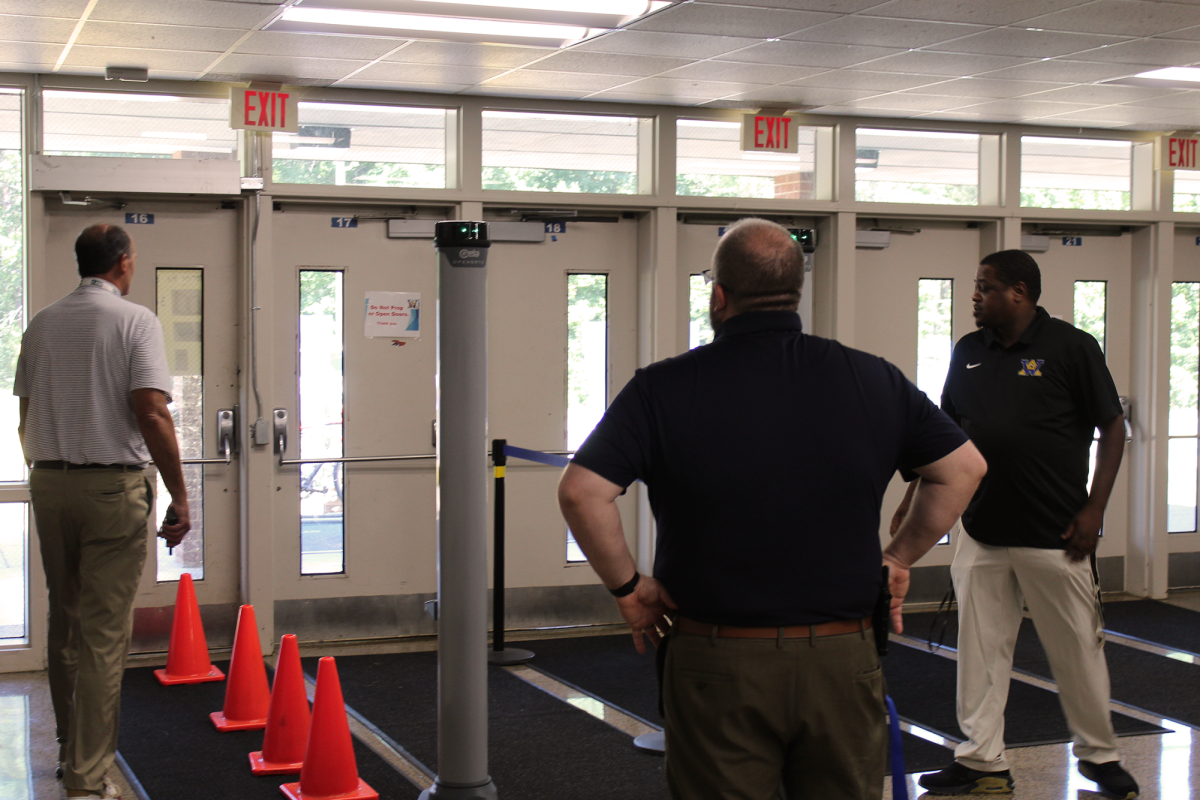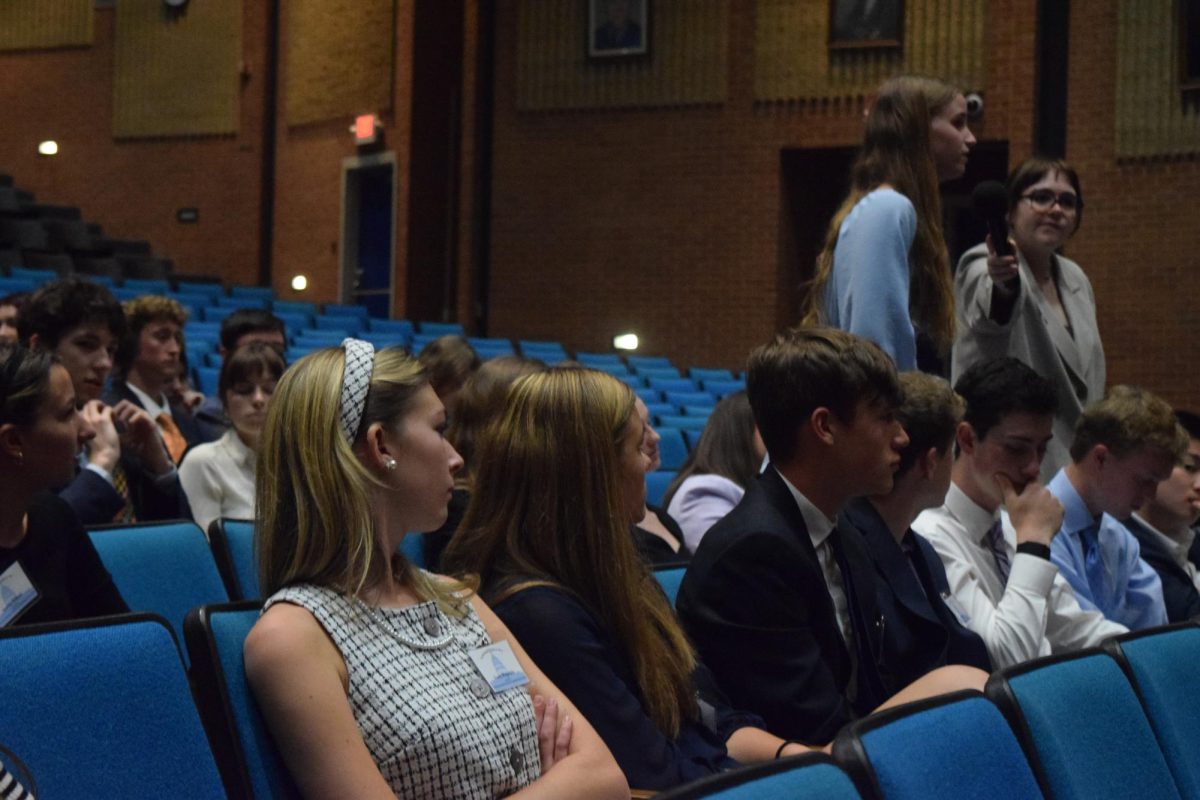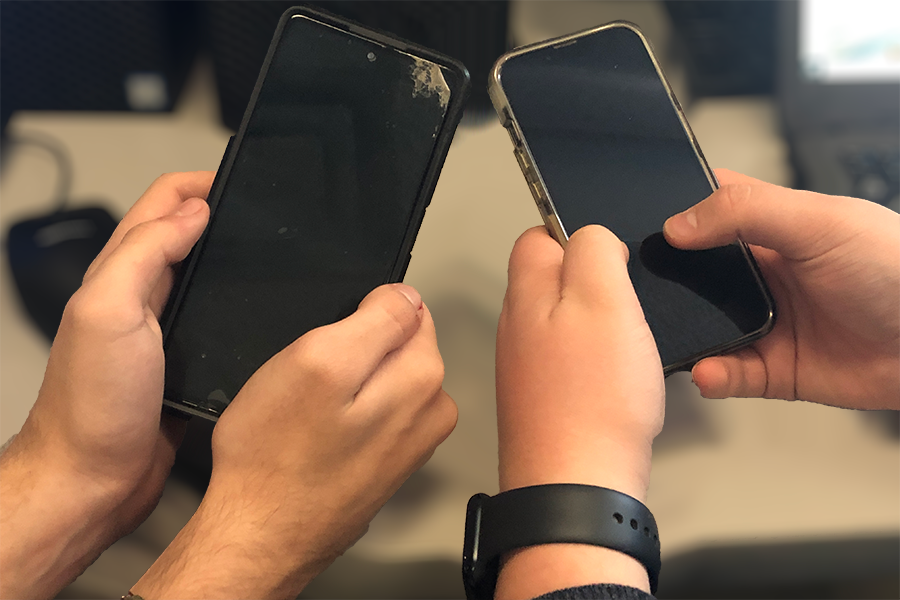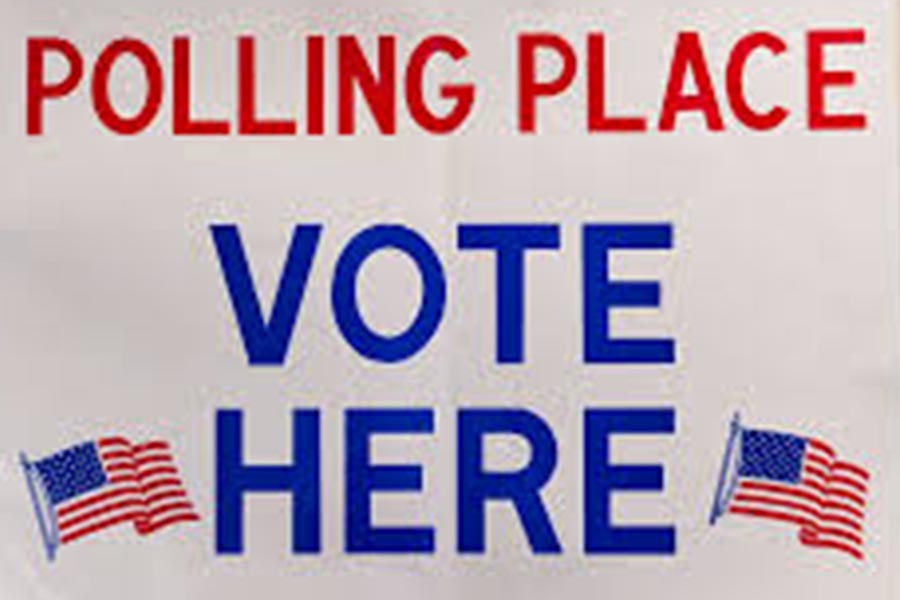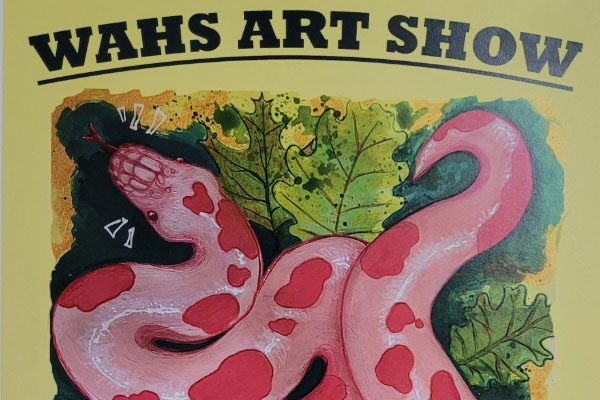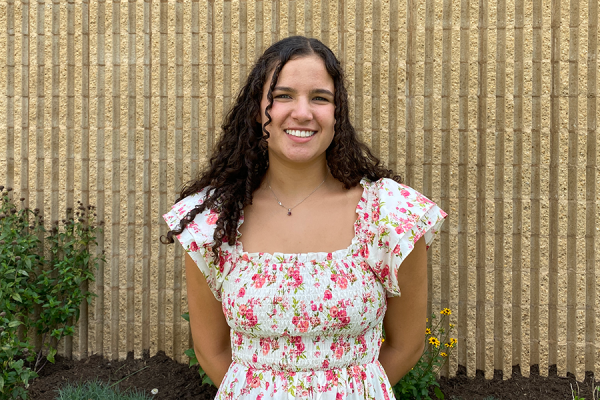Western government teachers hosted two federal judges and one district attorney at Western to speak with students taking U.S. Government/Politics. The speakers discussed their work in government and gave a personal perspective and greater understanding of the students’ upcoming curriculum. The panel featured Judge Barbara Keenan of the U.S. Court of Appeals (4th circuit), Judge Michael Urbanski of the U.S. District Court for the Western District of Virginia, and Chris Kavanaugh, the U.S. Attorney for the Western District of Virginia.
After introducing themselves, each speaker spoke about how their upbringing influenced their career decision and reflected on their vocational history. Keenan talked about her father’s work in the Pentagon, noting how growing up in such close range to the captial of the country, as well as watching court shows with her grandmother, affected her decision to work her way up to being appointed as a federal judge. Urbanski reflected on the difficulty in his line of work, describing how the sentencing of defendants “hurt his soul” in some cases and how he had to listen to victims’ disheartening testimonies in others. Kavanaugh described his initial plan to become a Mission Specialist for NASA while at Georgia Tech, and how, after reflecting on his previous experience on his high school’s moot court team (a team that simulates proceedings before an appellate court), directed him toward law school.
The speakers then opened the floor for questions. When asked about their most memorable cases, Urbanski and Kavanaugh both talked about the trial of James Fields, a white supremacist who drove his car into a crowd of people during a counter-rally to the Unite the Right rally in Charlottesville 2017. Kavanaugh was the prosecuting attorney in the case and remarked that it was the case that had taught him the most in his career, with Urbanski as the presiding judge. Keenan remarked that her most memorable case was one where 700 poultry factory workers demanded to be compensated for the time they spent donning and doffing their protective gear, which was costing them about $2,500 in wages every year. It was a unanimous vote in favor of the workers, and Keenan reflected that it was a case where she felt the most just about her ruling. After a few more questions Urbanski closed out the event with commentary on their respective duties and possible words of wisdom for the students: “At the end of the day, our job is to make sure we do what’s right.”



